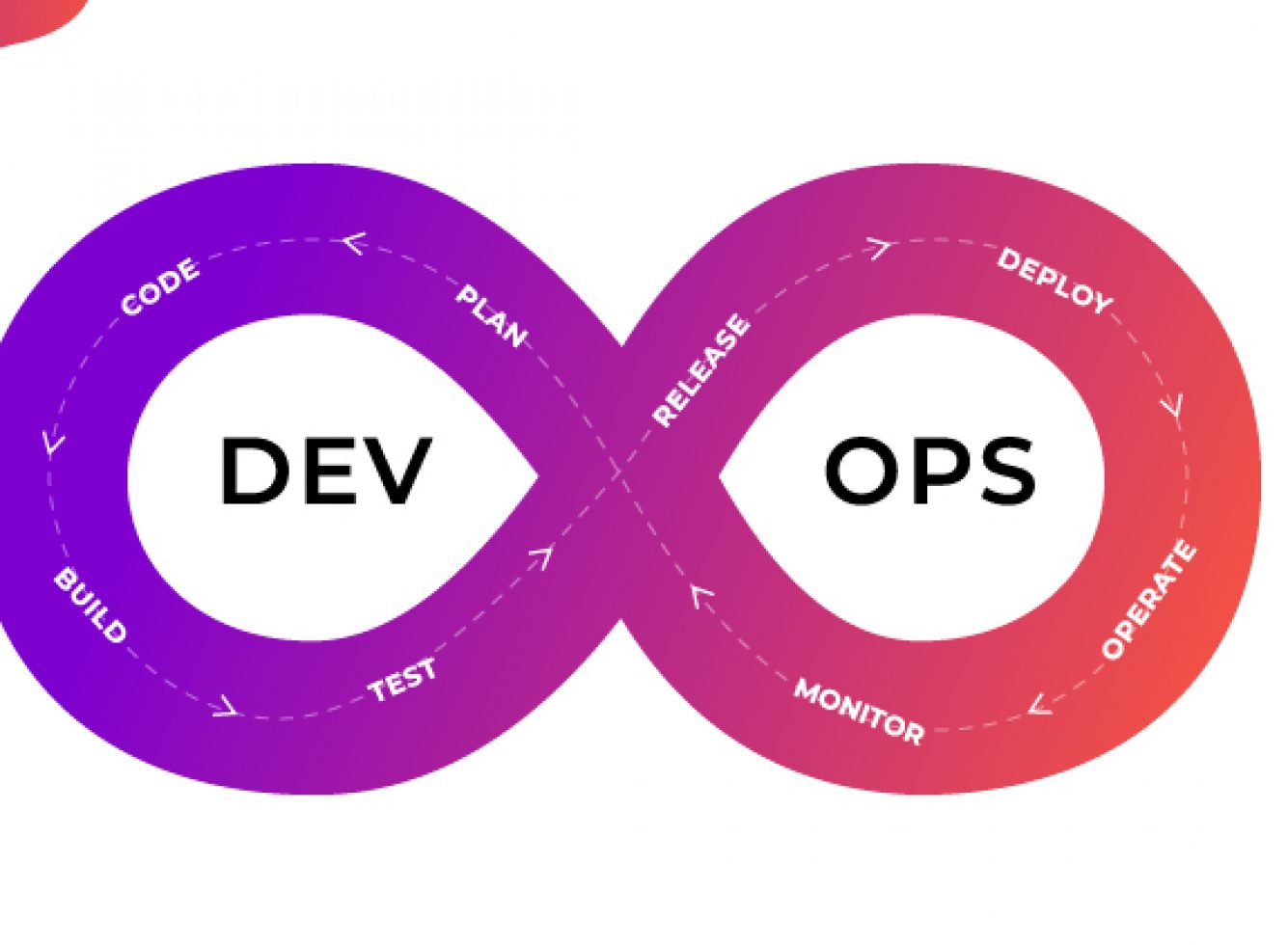What do you mean by DevOps?

DevOps is a union of development and operations processes. It enables continuous integration and continuous delivery and adds value to our end users. DevOps accelerates the delivery process. It helps organizations to learn and Adopt the market needs. Quick delivery minimizes the risk factor by getting end-users feedback at the early stages.
How DevOps Works
DevOps model breaks the isolation between operations and development teams. Both teams are no longer separate, but they are merged and work as a single unit during the project development lifecycle to release and feedback process.
Starting from design and development to testing automation and from continuous integration to continuous delivery, the team works together to achieve the desired goal. People having both development and operations skill sets work together and uses various tools for CI/CD and Monitoring to get feedback at early stages from end user.
Benefits of DevOps
Speed
Following methodology, you can quickly make development and delivery changes for customer’s needs, adapt to markets, and grow efficiently to grow your business.
The DevOps model helps to reach the desired level to developers and operations teams. For example, continuous feedback and continuous delivery model let teams take the ownership and release updates quickly.
Quick Release
Speed up the release processes considering the automated tests, CD/CI and configurations from build to deploy. This increases the frequency and pace of production releases to improve faster. The quicker you can release new features and fix bugs, the faster you can respond to your customers’ needs and build competitive advantage.
Reliability
Using tools for automatic testing, writing unit tests increase the code coverage and keeping practice to test at each stage is functional and safe. Monitoring practices help you stay informed of performance in real-time. This improves the quality of application, its infrastructure upgrades and release process. It helps you keep pace and maintain a positive experience for end users.
Scale
Automation and consistency help you manage efficiently at very low risk. Operate and manage your infrastructure and development processes at scale.
Improved Collaboration and Security
Build more effective teams under a DevOps cultural model. This reduces inefficiencies and saves time (e.g. reduced handover periods between developers and operations, writing code that takes into account the environment in which it is run). You can adopt a DevOps model without sacrificing security by using automated compliance policies. Developers and operations teams collaborate closely, share many responsibilities, and combine their workflows.
DevOps Best Practices for Outstanding Results
But what are the DevOps practices you need to follow?
- Continuous Integration and Deployment: In continuous integration, developers regularly push or merge the changes into repositories where automated tests can be run at the end. This helps identify the bugs at early stages itself. Incorporating continuous delivery where code changes are tested, built and deployed automatically on staging or production environments. Using automated deployment, developers will always have code deployment ready.
- Microservices: It’s an approach to design your application in small pieces to work as a single application using well defined API’s. This approach helps us to reduce complexity and break business logic into small parts and each to manage. It helps in quick modifications and deployment and each to automate.
- Monitoring: Monitor and continuous feedback from everyone helps us see and understand well. At the end, its benefits customers, and organisations.
- Infrastructure as Code: Here, infrastructure is managed via a code. This allows system architects to control the infrastructure programmatically rather than managing via control panel. This helps when you have lots of resources to manage over different regions. Infrastructure as code enables to build a fresh environment very quickly.
- Version Control: Dev and Ops need to maintain versions of everything. It helps them identify and track changes easily.





